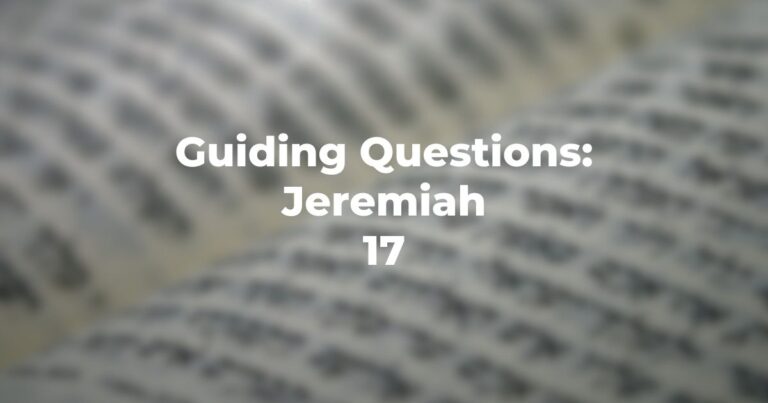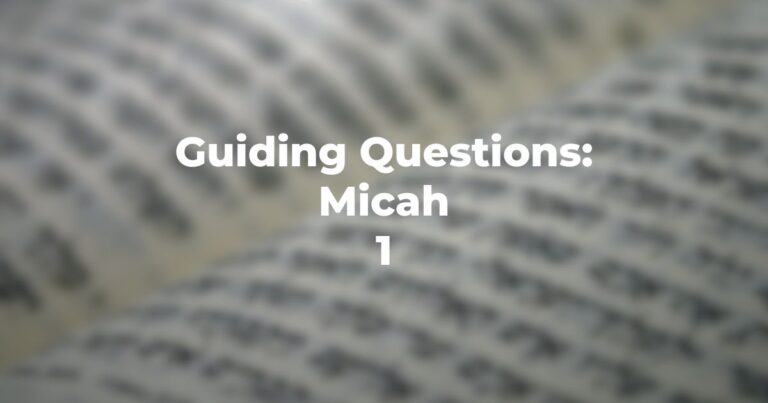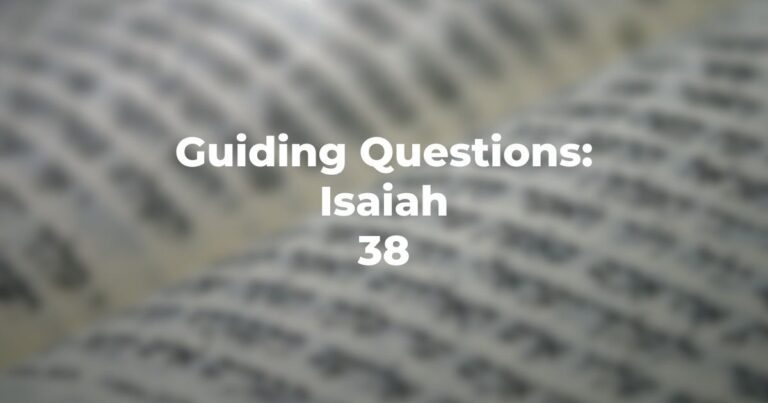- What does Deuteronomy 17:1 imply as to casualness in worship pattern?
- In Deuteronomy 17:2-7, what is the punishment for idol worship?
- How does this differ from the similar section in Deuteronomy 13?
- Is the woman treated differently from the man?
- What must be done before punishing the idolater (Deuteronomy 17:4-6)?
- Why are the witnesses in this case to be the first to cast the stone?
- Where is the “supreme court” to be located (Deuteronomy 17:8)?
- How to understand Deuteronomy 17:9—who constitutes the “court”?
- Is the decision of that court final (Deuteronomy 17:10-11)?
- What is the ruling for one who deliberately disregards the court’s decision?
- In the section dealing with monarchy, does Deuteronomy 17:14 say “you should select a king” or “if you say ‘we want a king'”?
- Does the end of Deuteronomy 17:14 imply that wanting a king is simply imitating other peoples?
- Deuteronomy 17:15 states that God will choose the king; how?
- What prohibitions are mandated for the king (Deuteronomy 17:16-17)?
- Deuteronomy 17:18 stipulates that the king is to write (or have written) a copy of “this Torah” in a book as dictated by the Kohanim? What is “this TorahRefers to the first five books of the Hebrew Bible, the Tanakh, also called the Five Books of Moses, Pentateuch or the Hebrew equivalent, Humash. This is also called the Written Torah. The term may also refer to teachings that expound on Jewish tradition. Read more?”
- Deuteronomy 17:20 calls for what “posture” of royalty by an Israelite King?
Author
-

Exploring Judaism is the digital home for Conservative/Masorti Judaism, embracing the beauty and complexity of Judaism, and our personal search for meaning, learning, and connecting. Our goal is to create content based on three core framing: Meaning-Making (Why?), Practical Living (How?), and Explainers (What?).
View all posts





